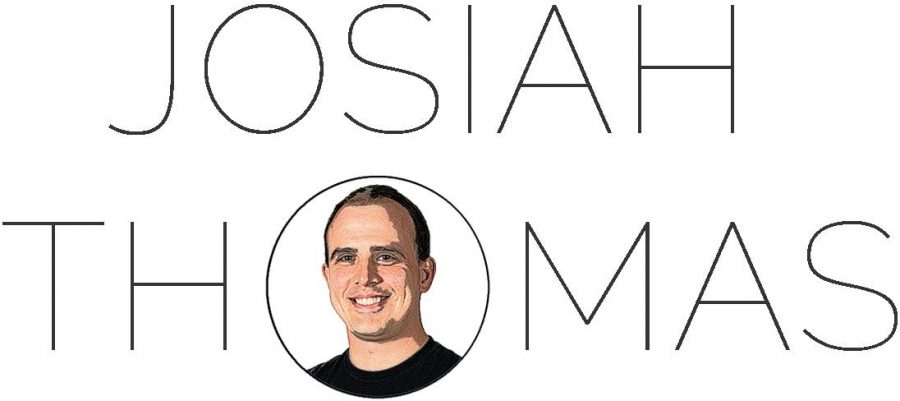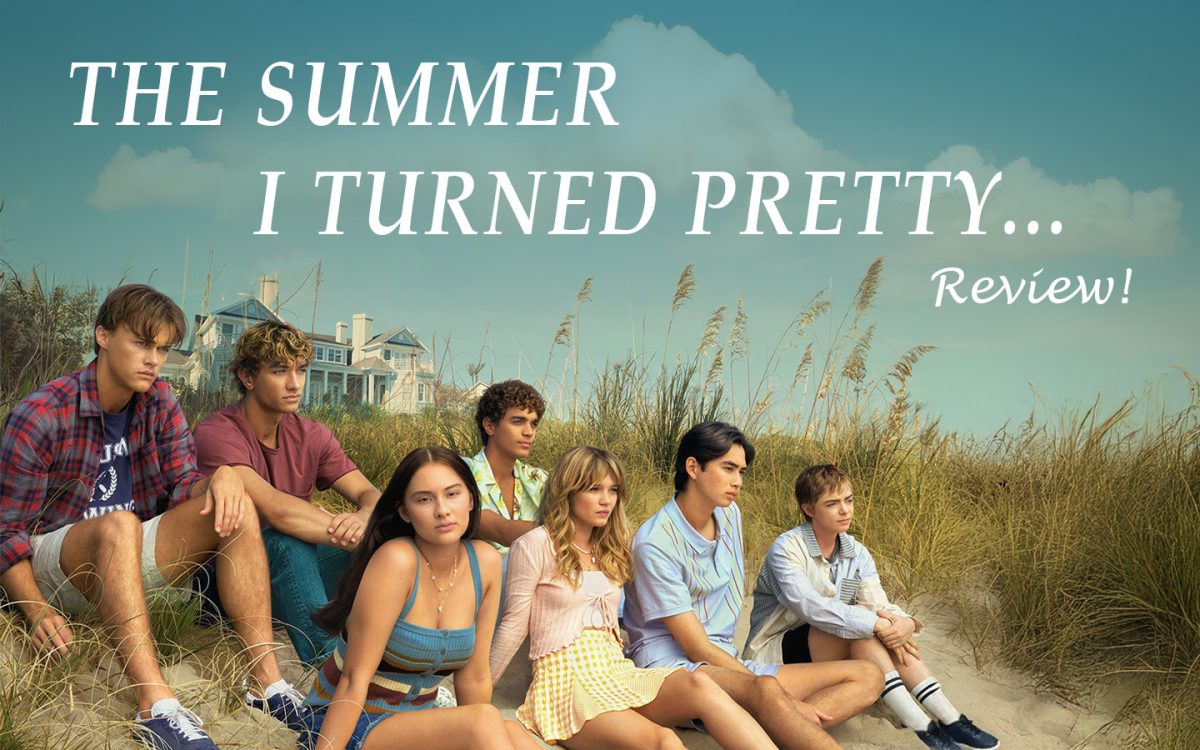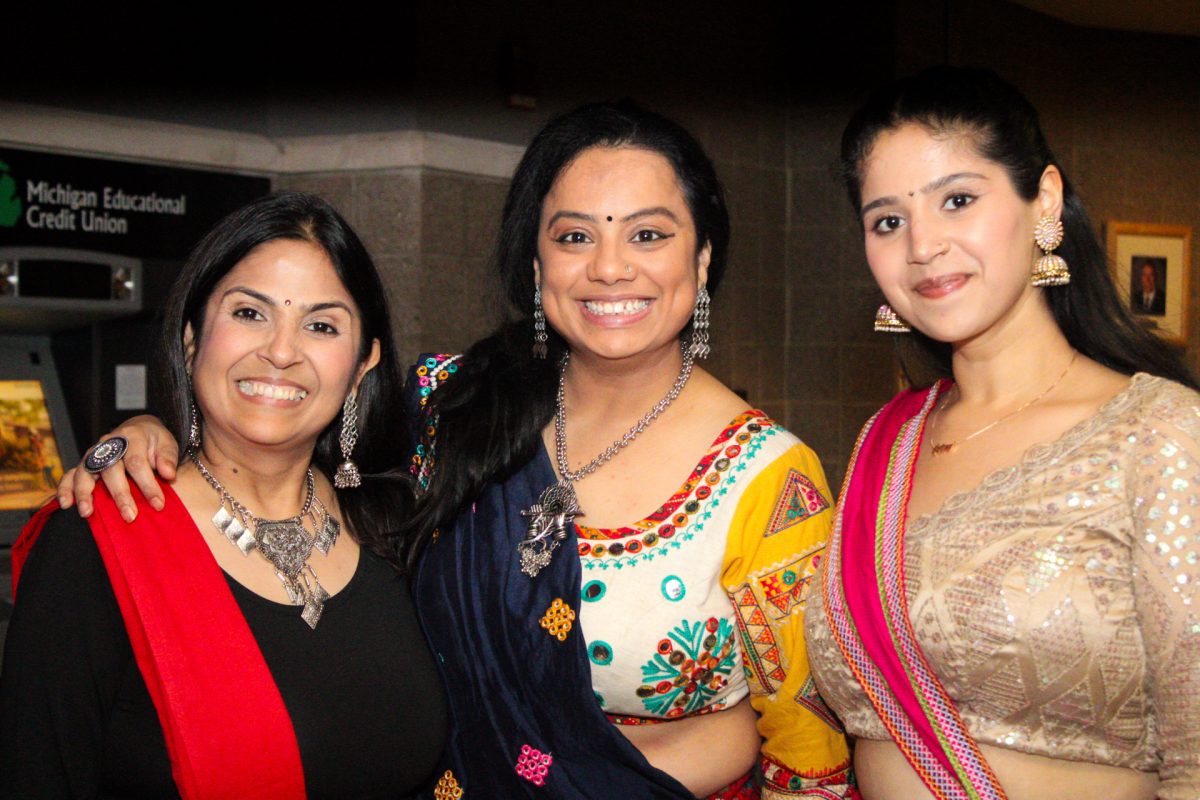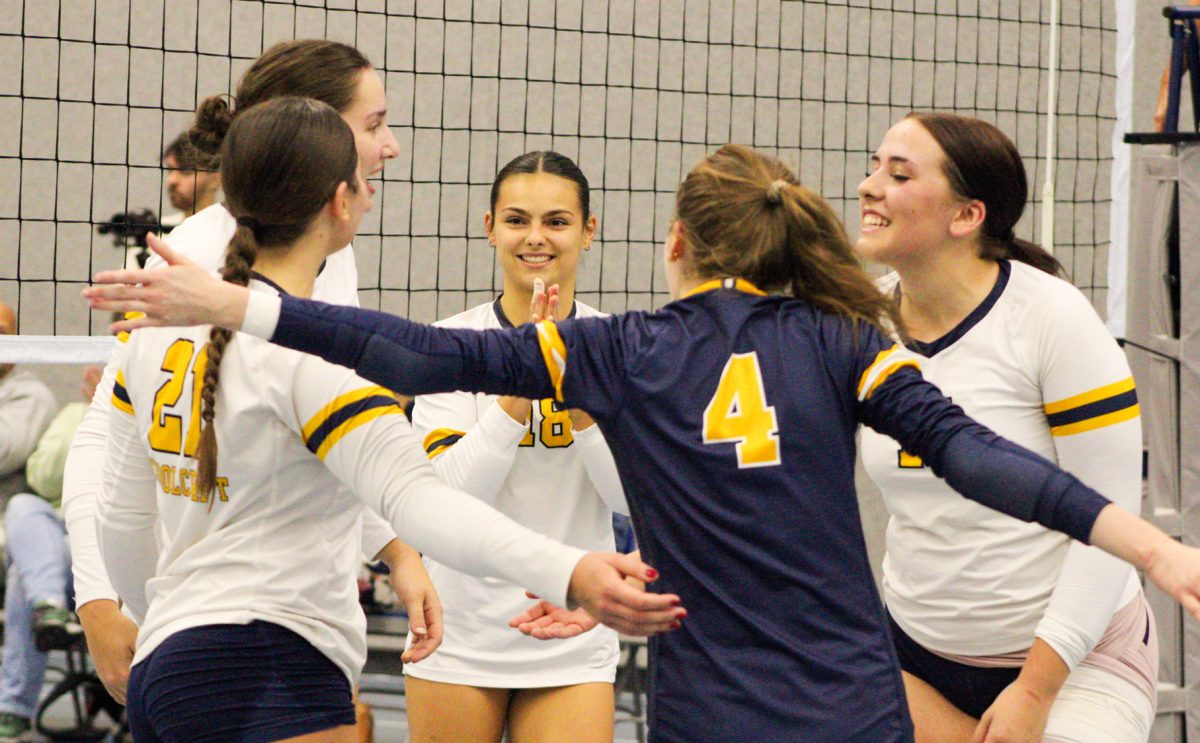News: A rough draft of history
January 20, 2020
Journalism serves a higher purpose than acting as a source of information, documenting society and government’s direction, being a forum for discussion or even galvanizing revolutions. The wide-reaching and direct influence journalists have on public opinion gives them a massive responsibility.
Journalism carries a sacred duty, to tell the truth and stay logged in to the public record. For this reason, The New Republic editorial writer, Alan Barth, called it “the first rough draft of history.” This draft should continually be revised and republished for the sake of educating readers on the most important issues of today and promote a better-informed society.
The job of a journalist is to tell the truth. The accuracy of each editorial, feature or commentary reflects a journalist’s abilities. Journalists have to both respect the nature of the facts and the limits on the critical judgment of individual people equally, never stooping to defamation.
But what’s the big deal, you might ask?
What’s the point of stressing out over a field that doesn’t carry the greatest amount of authority or respect?
The big deal is that, in the best-case scenario, journalism acts as a moral compass and a map of social progress for the public. By giving timely, relevant, engaging and reliable reports for the common good or responding to the well-founded concerns of people, a free press makes sure that things can and will get better.
Associate Justice Hugo Black summed this all up nicely: “In the First Amendment, the Founding Fathers gave the free press the protection it must have to fulfill its essential role in our democracy. The press was to serve the governed, not the governors. The Government’s power to censor the press was abolished so that the press would remain forever free to censure the Government. The press was protected so that it could bare the secrets of government and inform the people.”
My colleagues and I have an important role in disseminating information, promoting and forming culture. Our role and that of our successors will very likely increase due to the constantly evolving nature of this medium, not to mention its diversity and scope.








